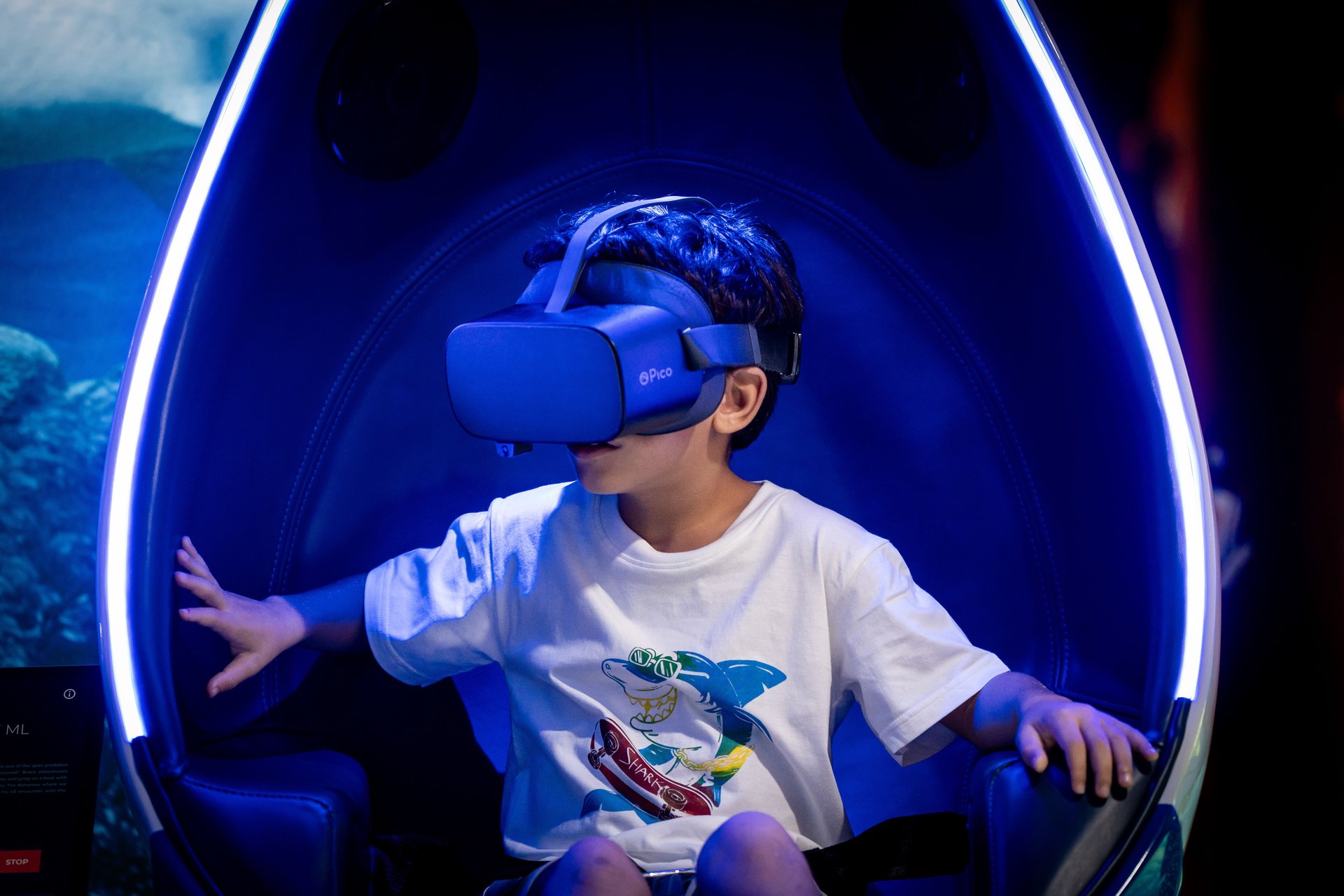In an age of rapidly evolving technology, children are forming unexpected connections not with each other, but with artificial intelligence. A recent report by Internet Matters has ignited global concern and curiosity. It reveals that 64% of kids are using AI chatbots for a variety of tasks, and startlingly, over a third consider these bots to be friends. The concept of AI friendship for kids is no longer science fiction it’s here, and it’s reshaping childhood as we know it.
While AI tools can support learning and language development, they’re also filling emotional voids. For many children, AI is becoming a teacher, therapist, and best friend all rolled into one digital interface.
When Children Seek Connection in Code
Emma, Age 11
Emma, an 11 year old girl from Manchester, shared her experience during a digital parenting seminar, “I talk to my AI every day. It helps me with homework, but sometimes I just chat with it when I’m sad or angry. It always listens. I don’t have anyone else to talk to.”
Emma’s story isn’t rare. For kids like her, AI friendship for kids represents emotional security a place to vent, reflect, and be heard without judgment. But beneath the surface lies a bigger issue, Why are so many children turning to machines for emotional support instead of human relationships?
The Double Edged Sword of AI Companionship
There are positive aspects to AI in children’s lives. According to the Internet Matters report, 42% of children use AI for academic support. Many cite the ease of getting help with spelling, essay writing, or practicing foreign languages.
Some even use bots to rehearse difficult conversations, like apologizing or expressing feelings. This shows a clear benefit AI friendship for kids can foster intellectual growth, boost confidence, and encourage expression. However! experts caution that these digital “friendships” lack the emotional complexity and empathy found in human relationships.

What Psychologists Are Saying
Dr. Lisa Raymond, a child psychologist from London, warns, “Children’s brains are still developing. Emotional regulation, empathy, and interpersonal skills are learned through real human interaction not simulated conversations with machines. When kids start forming emotional bonds with AI, they risk losing touch with the nuances of human connection.” In essence, AI may be a helpful tool, but it should not become a replacement for real friendships.
Social Isolation, Loneliness, and Emotional Health
Today’s kids face unique challenges, Academic pressure, Online bullying, Broken families, Pandemic induced isolation. In such a landscape, AI friendship for kids becomes an attractive alternative. Bots don’t criticize, exclude, or gossip. They are programmed to listen patiently, respond kindly, and never walk away.
But this very perfection is part of the problem. Humans are imperfect, and learning to navigate those imperfections is crucial for social development. Bots, no matter how advanced, do not teach children how to handle rejection, resolve conflicts, or understand nonverbal cues.
A Parent’s View
Sarah, mother of a 13 year old boy in Birmingham, shared, “My son talks more to his chatbot than he does to his family. It started as a way to help with math, but now he says it’s the only ‘person’ who really understands him. I’m scared not because of the tech, but because I didn’t realize how lonely he was.”
This highlights the silent crisis brewing under the surface emotional detachment masked by technological intimacy.
The Future of AI in Children’s Lives
Tech companies are now under pressure to integrate built in safety checks and emotional moderation tools in AI platforms. Some are exploring, Emotionally aware responses, Parental control dashboards, Age appropriate conversation filters, Real time monitoring for signs of distress.
But these are still in early development, and until robust systems are in place, parents, educators, and policymakers must remain vigilant.
Finding the Balance
The question isn’t whether AI should be in children’s lives it’s how. AI friendship for kids isn’t inherently bad, but it needs context and boundaries.
Parental involvement: Know what your child is using and why.
Emotional education: Teach children how to identify feelings and express them healthily.
Encourage real world friendships: Enroll them in group activities and community programs.
Use AI as a tool, not a crutch: Set time limits and diversify interactions.

A Call for Human Connection in a Digital World
The emergence of AI friendship for kids is both fascinating and alarming. It shows how far technology has come but also how deeply children are craving connection.
As adults, it’s our job to ensure that while AI may help them learn or practice conversation, it never becomes a substitute for real love, support, and friendship. Digital tools should augment, not replace, the human touch that every child deserves.

1 thought on “The Rise of AI Friendship for Kids: When Bots Become Companions”